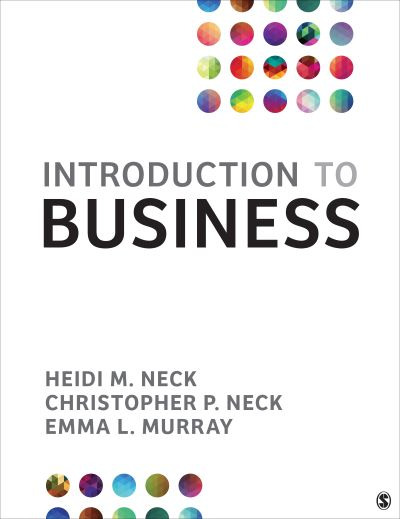You are in: Central America
Change location
You are here
Business Case - Imperfect Foods
Case Study: Imperfect Foods
Share this case study and activity with your students by simply copying and pasting the URL for this page into your learning management system (LMS).
Mapped to UN Sustainable Development Goal 15: Life on Land
SAGE supports the Sustainable Development Goals
Protect, restore and promote sustainable use of terrestrial ecosystems, sustainably manage forests, combat desertification, and halt and reverse land degradation and halt biodiversity loss
-
Imperfect Foods, San Francisco, California
-
Case Study Source: Chapter 4 on Business Models from Introduction to Business by Heidi M. Neck, Christopher P. Neck, and Emma L. Murray
Critical Thinking Questions to Keep in Mind as You Explore this Case Study:
- What is the business model of Imperfect Foods?
- Who do you think is their primary customer?
- Are there other ways to tackle the problem of food waste?
Case Study: Imperfect Foods
Imperfect Foods delivers groceries on a mission. Co-founder, Ben Simon, while attending the University of Maryland was shocked to see how much food was being thrown away in his college cafeteria. He recalls, "I was shocked to see someone buy a full sandwich, eat half of it, and throw the other half out. It was not the values I grew up with.”
Ben along with three of his classmates started the Food Recovery Network (FRN) in 2011. They recovered good dining hall food at the end of the night and provided meals to homeless shelters. By the end of the school year, they had recovered 30,000 meals for Washington D.C. area hunger-fighting nonprofits. During the spring semester of 2012, the second chapter of the FRN was started at Brown University, which was co-founded by Benjamin Chesler. In 2013, the Sodexo Foundation provided FRN with funds to hire full-time staff and turn it into a professional non-profit. Today, FRN has 230 chapters in 44 states.
Given their early success with FRN, they founded a new business in 2015 called Imperfect Produce—a service that delivers seasonal produce that is cosmetically imperfect or deformed but perfectly okay to consume. "We wanted to think bigger about how to fight this food waste and create a more sustainable food system that was scalable," Ben said, during a CNN interview. Later in 2019, Imperfect Produce changed its name to Imperfect Foods in order to expand its offerings.
The origin of Imperfect Foods was a reaction to daunting waste statistics. Approximately 20 billion pounds of produce go to waste on farms every year simply because “ugly” or “imperfect” produce does not match the aesthetic standards of grocery stores in the US.3 These aesthetic standards require uniform sizing and symmetry as well as being free from too many blemishes and scars. As a result, farmers are also unable to sell a large portion of their crop—anywhere from 5 to 30 percent. This has a trickle-down impact on the amount of resources such as the loss of labor, land, and water that was needed to grow the unsaleable produce.
At the start of Imperfect Foods, the founders wanted to sell their produce through grocery stores, but quickly learned that grocery stores had little interest given the beauty standards they wanted. So, the business model changed and Imperfect Foods became an online store, supplying ugly produce at a 30% reduced cost directly to consumers using a subscription model. The company operates 6 distribution centers across the United States (as of June 2019), where they supply food to their 200,000+ subscriber base across 43 states. They source their produce from 250 local producers all across the country and currently offer 50 to 60 produce items, plus 200 grocery items to their customers.
According to Ben Simon in his CNN interview, "The important part of running a company founded by Millennials is to use the role of business to look out for people and the planet. As much as it's about making a profit, we hope to elevate the conversation about food waste, climate change and creating an equitable food system."


